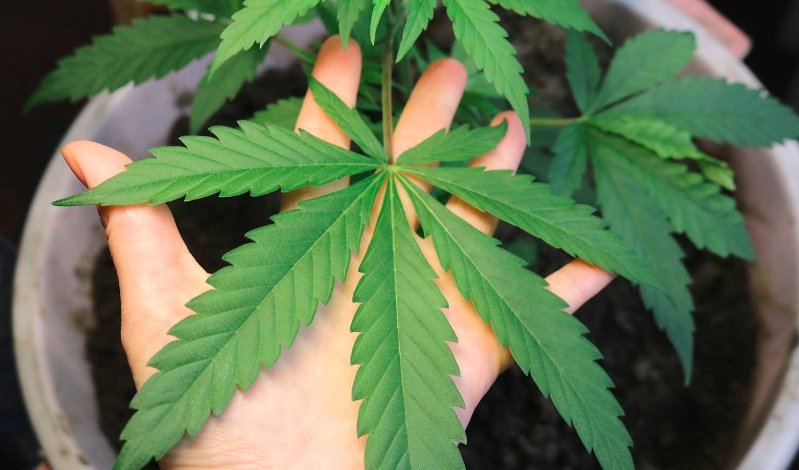In a groundbreaking decision, Brazil’s Supreme Court has voted to decriminalize the possession of marijuana for personal use. This move places Brazil among the last countries in Latin America to take such a step. The ruling could have significant implications, including the potential reduction of the country’s massive prison population. Let’s delve into the details of this historic decision.
The Decision:
After years of deliberation, the majority of justices on Brazil’s 11-person Supreme Court have voted in favor of decriminalization. While the possession of small amounts of marijuana will no longer be treated as a crime, selling drugs will remain illegal. The court must still determine the maximum quantity of marijuana that qualifies as personal use and specify when the ruling will take effect.

Background and Context:
In 2006, Brazil’s Congress approved a law aimed at punishing individuals caught carrying small amounts of drugs, including marijuana. However, the law lacked specificity, making it challenging for law enforcement and judges to differentiate between personal use and drug trafficking. As a result, police continued to arrest people with small quantities of drugs, contributing to the country’s growing prison population.
Implications and Challenges:
While the ruling represents progress, Brazil’s Congress is separately advancing a proposal to tighten drug legislation. This proposal could complicate the legal landscape surrounding marijuana possession. The country must now strike a balance between addressing drug-related issues and respecting individual rights.
Brazil’s Supreme Court decision reflects a growing global trend toward reconsidering drug policies. As the country navigates the aftermath of this ruling, it faces both opportunities and challenges in shaping a more equitable and effective approach to drug regulation.



